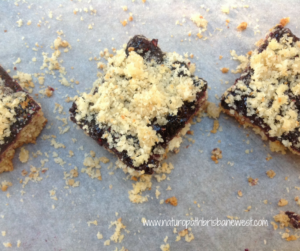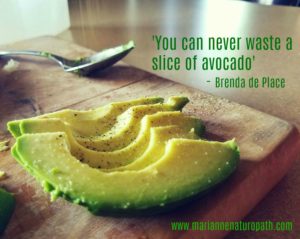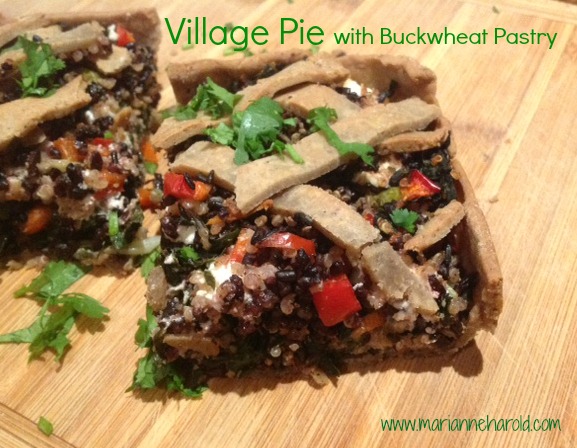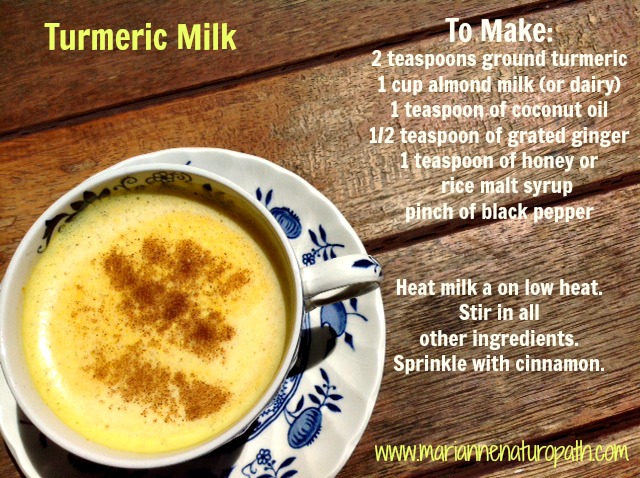Are You Confused About Sugar?

Speaking to my friends and clients I see that there is a lot of confusion about the issue of sugar. The questions frequently asked are – should be eat it? should we avoid it? and what type of sugar should we eat?
The modern western diet is often very high in refined sugars resulting in inflammation in the body which undermines all levels of health – physical, emotional and mental. In recent times there has been a move towards sugar free diets which, although beneficial as a cleanse or detox or for cancer sufferers, in the long term can be extreme. Small amounts of essential sugar is necessary to our wellbeing in the same way we need good fats and proteins to support the functions of the body.
There is a whole science on the study of sugar called glyconutrients which is complex, but this article will discuss the ‘common’ types of sugars of which people are aware and the better choices we can make in regards to sweetened food.
Sugar is (basically) needed by the body for:
- Supporting brain function
- Producing energy for muscle function
- Metabolising fats instead of breaking down protein for energy
The commonly known types of sugars are:
Fructose – the principal sugar contained in fruit.
Glucose – the sugar in blood.
Dextrose – glucose produced from corn (biochemically the same a glucose).
Sucrose – a double sugar of bound 50% glucose/50% fructose. In the intestine these are split into single sugars and absorbed. * *Commercially it is refined with sulphuric acid into white granulated sugar.
High Fructose Corn Syrup (HFCS) – is made from corn starch and also contains approximately the same amounts of glucose and fructose.
Fructose
Fructose occurs naturally in fresh fruits and in this form has a minimal impact on blood glucose levels (low GI) and raises no health issues because it is accompanied by nutrients and fibre. However it is very sweet and a little goes a long way. As it is considered natural many people think of it as a healthy option but unfortunately the current Western style diet, which includes large amounts of processed foods, contains very high amounts of fructose.
In concentrated amounts fructose avoids the intestinal tract and impacts immediately on the liver creating a high toxic load. Fructose consumed in junk foods and soft drinks overloads the liver and is converted into fat. High levels of fructose can lead to:
- Increased levels of triglycerides resulting in high cholesterol & heart disease.
- Liver disease such as cirrhosis of/and fatty liver.
- Abdominal fat, Metabolic Syndrome and obesity.
- Reduced antioxidant status resulting in cellular ageing.
- Dementia.
Summary:
- Eat fresh fruit – but not in large amounts – such as berries, bananas, cherries, grapes and pears.
- Avoid consuming high or concentrated fructose such as – refined white sugar, agave syrup (97%) and foods containing HFCS.
Glucose:
This is the sugar in blood which is obtained from starches, which, when consumed is converted to glucose, the main fuel source for the cells. It raises blood sugar levels and creates energy:
In order to return blood sugar levels to normal, the pancreas releases a hormone called insulin which binds to the glucose molecule and transports it to the cells that need it. If there is an over abundance the glucose will be stored as glycogen in our liver and muscles. If glycogen levels get too high glucose will be converted to and stored as fat until it is needed. Cells that need glucose have insulin receptors to encourage efficient absorption. When glucose levels are continuously high, the pancreas becomes exhausted and insulin is no longer efficiently released. This results in glucose no longer being delivered to the cells that utilise it resulting in hyperglycaemia (high blood sugar levels). High blood sugar levels can lead to:
- Diabetes
- Raised uric acid and Kidney Failure
- Metabolic Syndrome and Obesity
- Fatty liver and elevated triglycerides which can translate to heart disease
- Sugar addiction
- Nerve damage
- Poor wound healing.
Summary:
- Eliminate highly processed and refined foods including white rice, white flour and white sugar from your diet. These all contain simple starches which spike blood sugar levels which then drop dramatically after a short period of time resulting in reduced energy levels.
- Obtain glucose from complex carbohydrate foods such as all vegetables, nuts and seeds and whole grains.
What Can We Use as An ‘Alternative’ to Sugar?
When we want to sweeten our foods in a healthier way, we can consider the following:
- Honey – has a fructose level of approximately 45% it is considered a whole food. It contains trace minerals such as magnesium and calcium and are well metabolised by the body. Raw and unprocessed it is well known for its healing properties and its ability to stimulate the immune system.
- Molasses – like honey has a high fructose level but is also high in trace mineral and iron. The unsulphured variety is made from sugar cane that has ripened naturally.
- Fresh fruit – contains vitamins, antioxidants and fibre.
- Dried fruit – such as dates, figs, sultanas or apricots. These contain concentrated sugars and are best eaten in very small amounts.
- Stevia – a sweet herb which is not classified as a sugar and is suitable for use by diabetics. Ensure that you buy whole-leaf extract.
- Sugar Alcohols – such as xylitol, glycerol, sorbitol, maltitol, mannitol, and erythritol are neither sugars nor alcohols but are becoming increasingly popular as sweeteners. They have a small effect on raising blood sugar levels. However they are incompletely absorbed from your small intestine, for the most part, so they provide fewer calories than sugar but often cause problems with bloating, diarrhoea, and flatulence.
- Rice Malt Syrup – is made from fermented cooked rice. It is a blend of carbohydrates, maltose and glucose and contains no fructose.
- Coconut Flour Nectar – an unprocessed syrup that is actually sap that is produced from the coconut blossom when the coconut tree is tapped. The sap contains the minerals potassium, magnesium zinc and iron, 17 amino acids, Vitamin C and Vitamin B1,2,3 and 6 and some short-chain fatty acids. It also contains a fibre known as inulin which makes it less inflammatory for the gut.
- Rapadura or Sucanat – an minimally refined dried sugar cane juice which contains all of its natural minerals. It can be utilised by the body.
- Organic Maple Syrup – a naturally sweet sap obtained from the maple tree which contains 90% glucose and 10% fructose and sucrose. It is important if you want to use it to buy only organic as processed varieties contain formaldehyde.
Artificial Sugar Substitutes
With good intention many people try to reduce their sugar intake by using artificial sweeteners. These include aspartame, sucralose, saccharin, acesulfane and neotame. In addition, processed foods are often advertised as being sugar free and the sugar content is replaced by these substitutes because they are low in calories. Sugar substitutes come with their own health risks because they are made from chemicals which are neurotoxic and can also be carcinogenic. Artificial sweeteners should be completely avoided.
Conclusion
It is important to remind ourselves that healthy nutrition should always be about a balance of varied and naturally sourced nutrients. The sugars we consume in our diet need to be obtained from natural and unrefined sources, rather than from processed and packaged products containing over-refined constituents. It is also necessary for our health not to eat an excess of sugar – not only is it bad for our health, but is highly addictive (Lets Talk About Sugar Cravings). We need to combine our intake of ‘whole food’ carbohydrates with vegetables, protein and healthy fats. In this way we will give our bodies the perfect fuel as well as a variety of nutrients that they require for healthy functioning.









